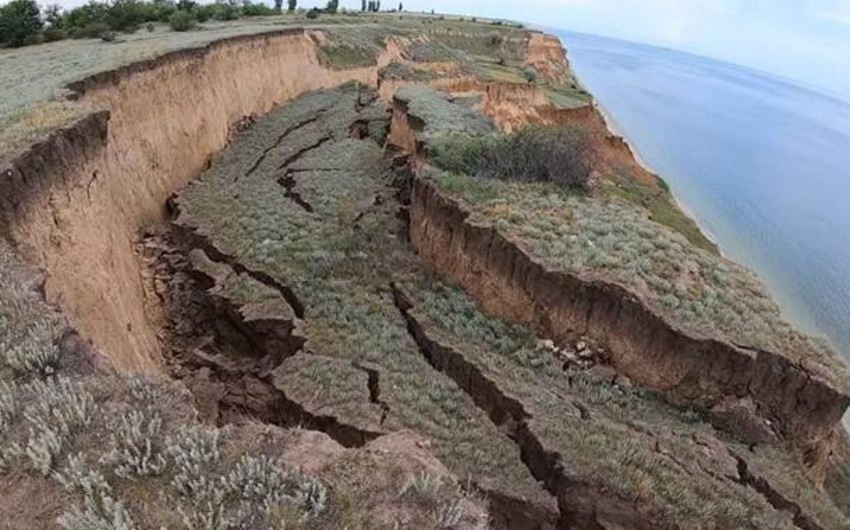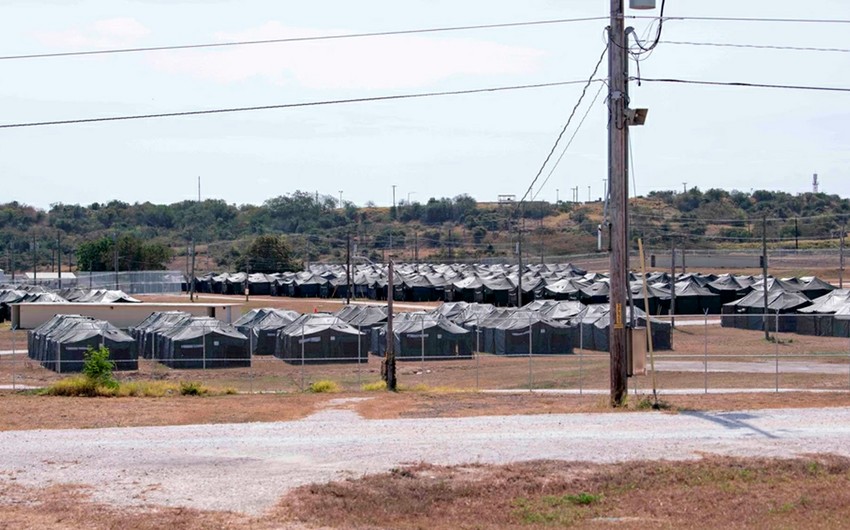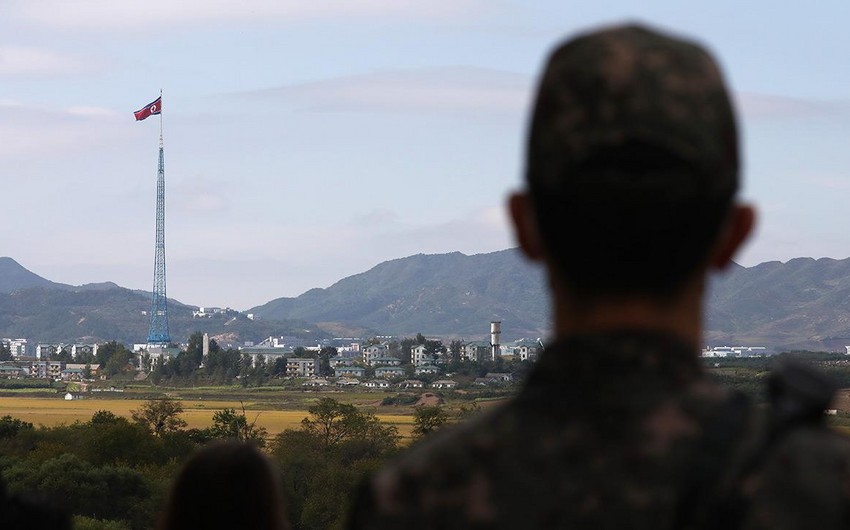The "Paris 2024" Olympic Games will be held in France. The date of the games is set from July 26 to August 11. The "Paris 2024" Paralympic Games will be held from August 28 to September 8. From the date of his appointment, several foreign and even his local media criticized Paris for not being ready for these games. Even the pollution of the city and the Seine River were repeatedly highlighted. The Games are less than 10 days away, so how is France preparing for the Olympic Games?
Ednews presents:
Where will the games be held?
In September 2017, the International Olympic Committee decided to hold the 2024 Games in Paris. Paris' only rival at the time, Los Angeles, agreed to wait another four years to host the Olympic Games.
The last Olympic Games were held in 1924 in Paris, which has hosted two Olympics so far. The games will be held in 35 venues in Paris, the Ile-de-France region where it is located, and in mainland and outlying areas of France.
What new sports will debut at the "Paris 2024" Olympic Games?
For the first time, breakdancing will debut as an Olympic sport, showcasing a blend of art and athleticism. However, karate and baseball-softball, which appeared in Tokyo 2020, will not be included.
When and how will the opening ceremony of the Olympic Games be?
The opening ceremony of the "Paris 2024" Olympic Games will begin on July 26 at 7:30 p.m. Paris time. Instead of the traditional opening ceremony at the stadium, he planned a 6-kilometer river parade along the Seine River. The parade will end at the bottom of the Eiffel Tower.
Up to 300,000 spectators will watch the parade from the banks of the Seine river. The world audience will watch this ceremony on television.
Seine River Scandal:
A key promise Paris made to host the 2024 Summer Olympics was that its famous river, the Seine, would be cleaned up in time to host open-water swimming events. But swimming in the Seine has been banned for a century because Paris's sewer system is designed to dump sewage into the river when it is overwhelmed by stormwater during heavy rain. Because in this case, the water is filled with "poop". Paris officials will test the water quality every day in the run-up to the games. They hope that their ambitious plan to swim in the famously polluted river will succeed, but one thing they forget is that the possibility of swimming in open water will also depend on weather and luck.
What are the security risks and how might these risks affect the opening ceremony?
Conflicts in the Middle East and Ukraine, as well as the threat of an attack, have forced the French government to raise its security preparedness to the highest level this year.
About 45,000 employees of the French police and security forces will protect the security of Paris during the Games. They will receive additional support from several thousand foreign security personnel. Interior Minister Gerald Darmanen said in May that France will involve 35,000 security agents to protect the opening ceremony from security threats, including drone attacks.
President Emmanuel Macron said in April that France has prepared alternatives to holding the Olympic ceremony on the Seine River if needed for security reasons.
Macron said that one of the alternatives is to hold the ceremony only in Paris's Trocadero Square overlooking the Eiffel Tower, and another is to move it to the Stade de France stadium.
Will Russia participate in the 2024 Olympic Games?
Since Russia invaded Ukraine two years ago in February, the International Olympic Committee has previously recommended that athletes from Russia and its ally Belarus be banned from international competitions. However, the Committee later allowed them to participate with the status of neutral athletes. Each athlete qualified for participation must pass the inspection of a three-member panel appointed by the International Olympic Committee. The panel checks whether they meet the requirements. Among these requirements is the fact that they did not actively support the war in Ukraine and did not sign a contract with any military or security organization.
Athletes from Russia and Belarus cannot participate in team competitions. However, they were allowed to participate with the status of non-partisan athletes, that is, without flags and without singing their anthems. They were not allowed to participate in the opening parade. Russia condemned these bans as discrimination and accused the International Olympic Committee of participating in the Ukrainian conspiracy. The Russian Olympic Committee paid compensation to 245 athletes who did not meet the requirements of the International Olympic Committee, according to the report of the Russian state news agency RIA.
Akbar Novruz

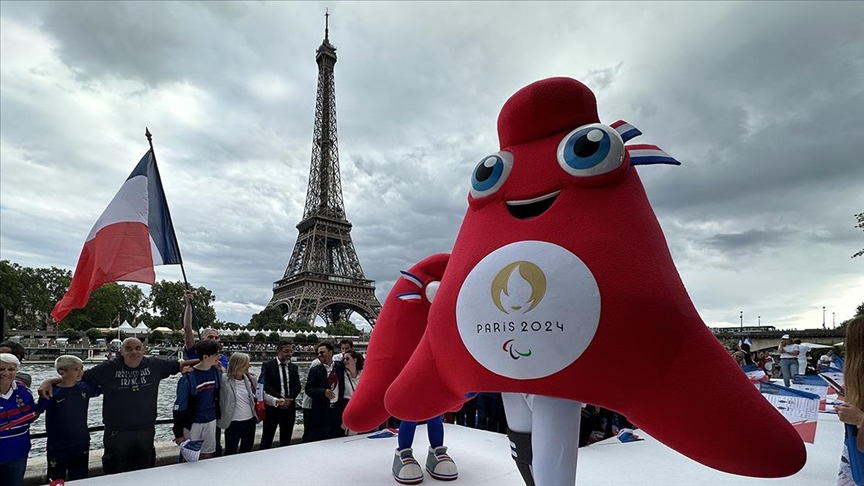
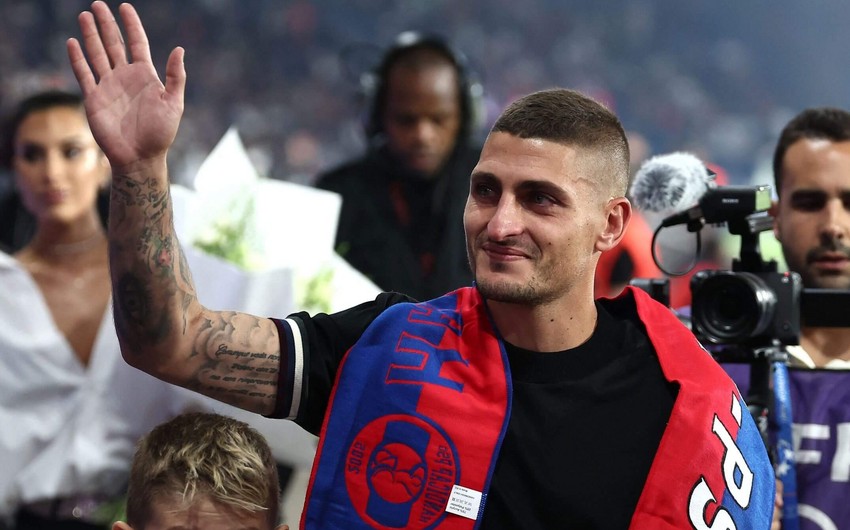

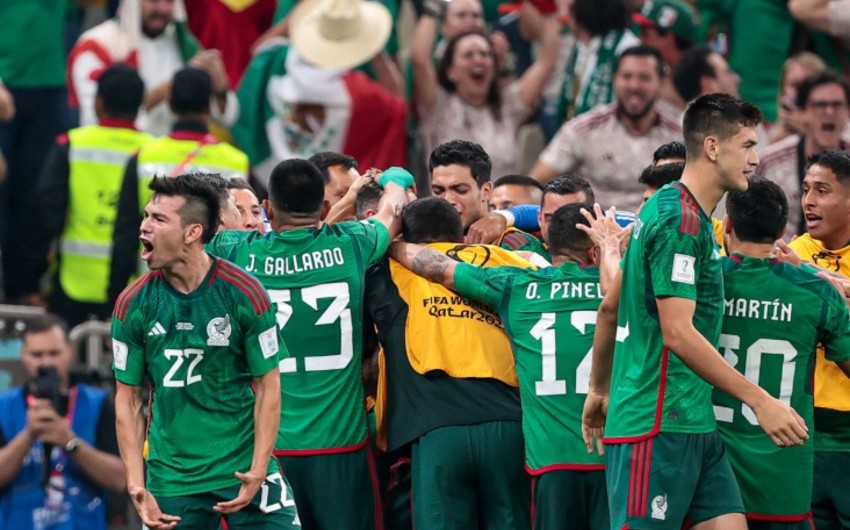
.jpeg)
